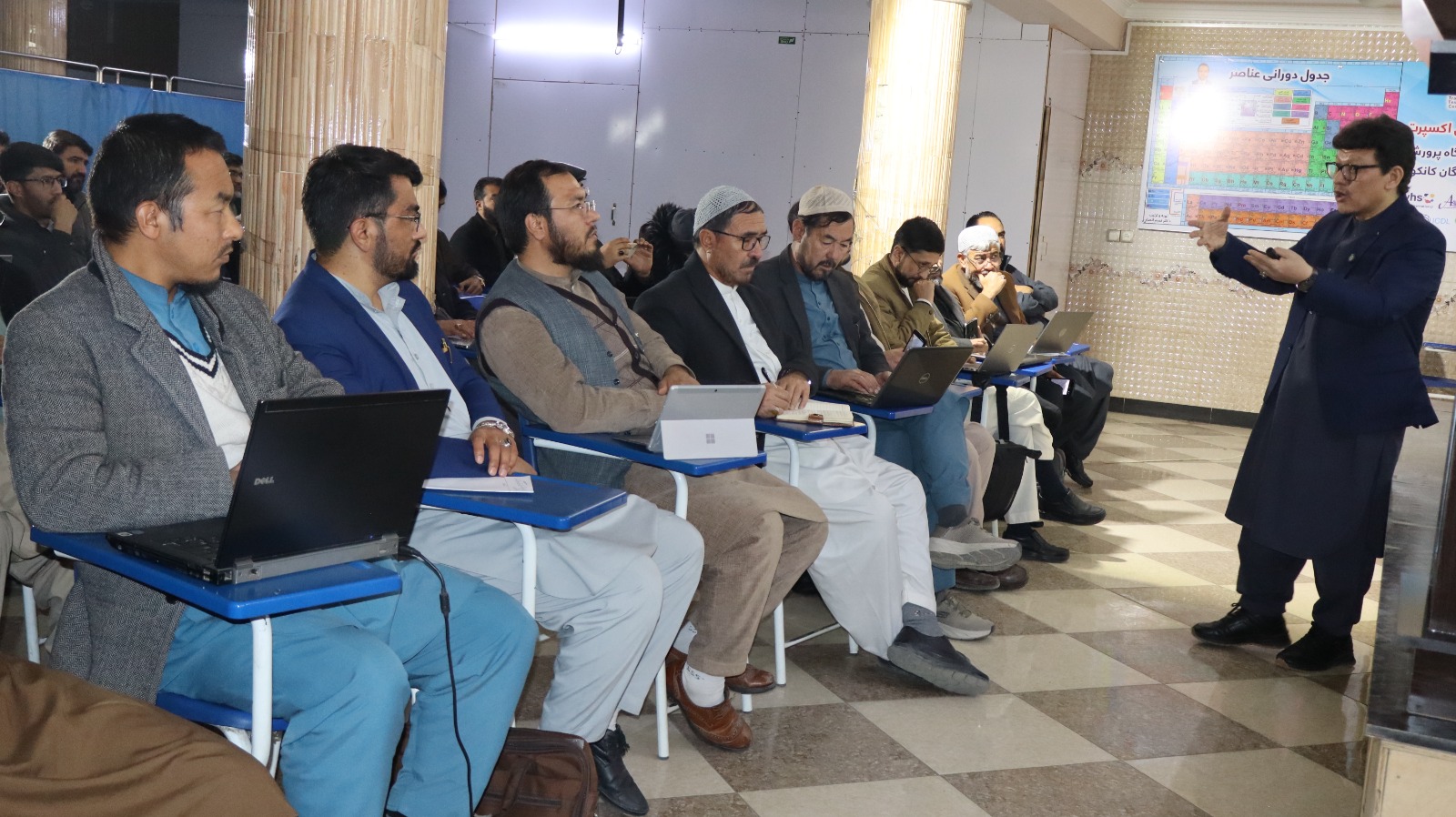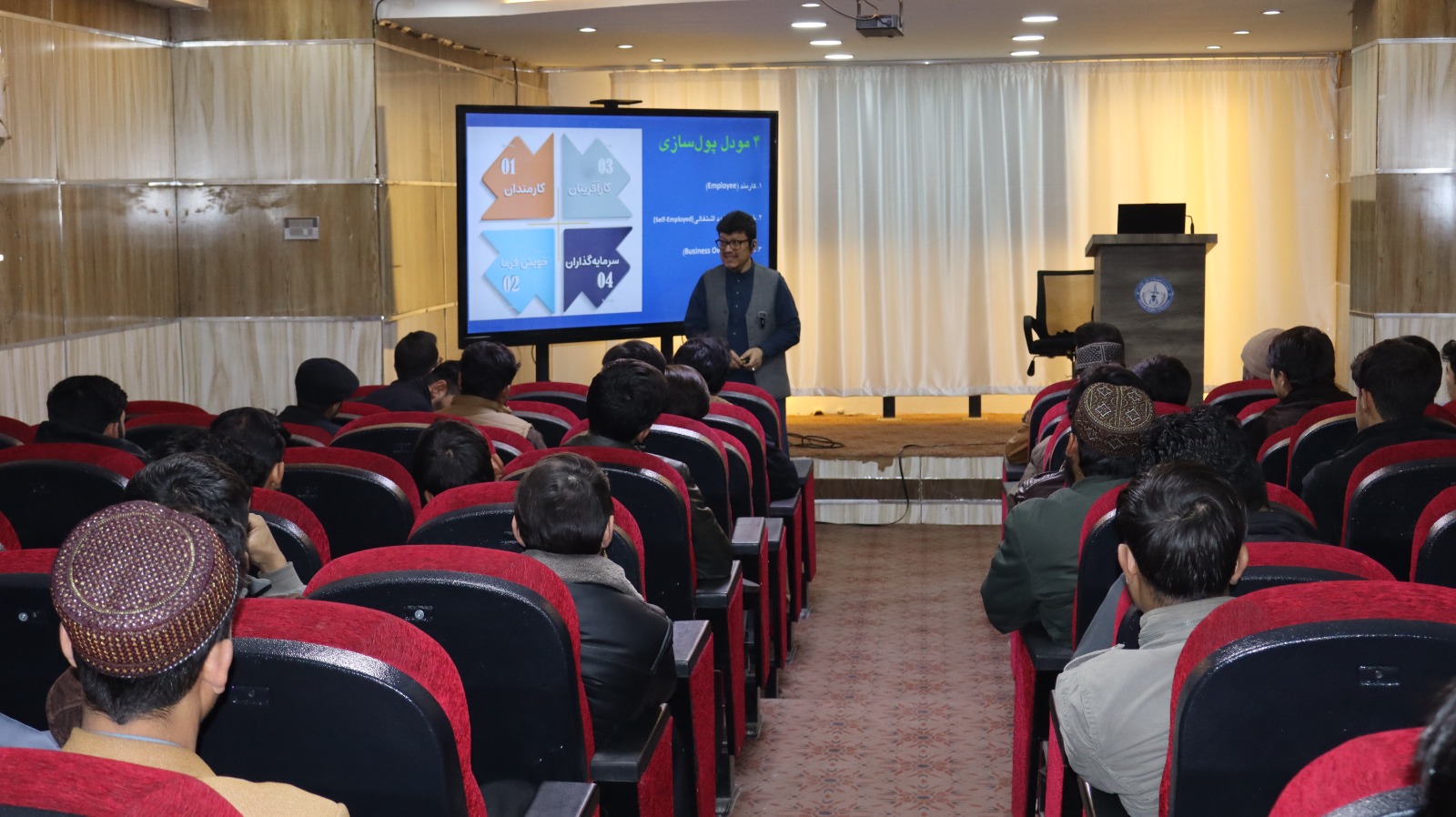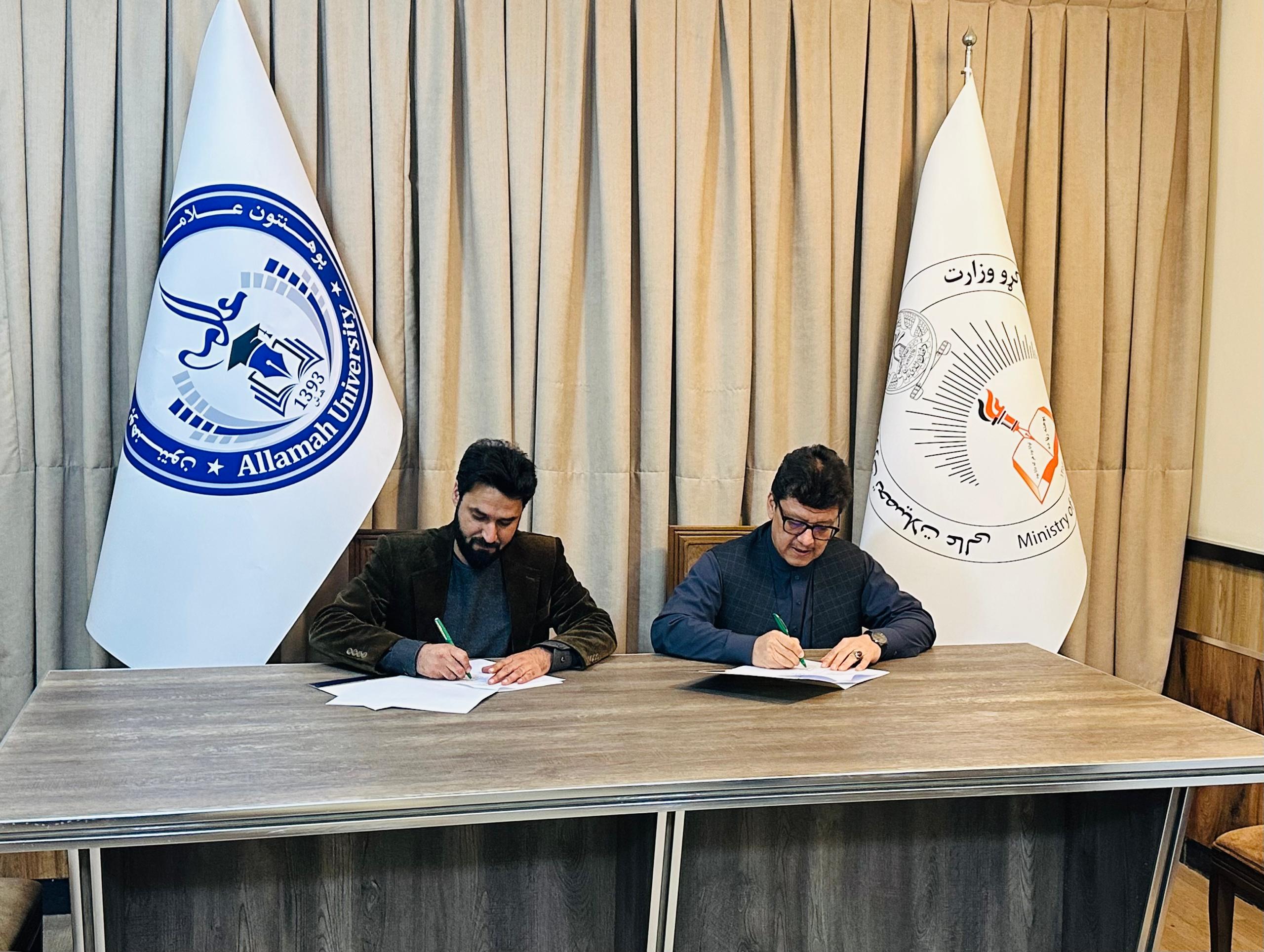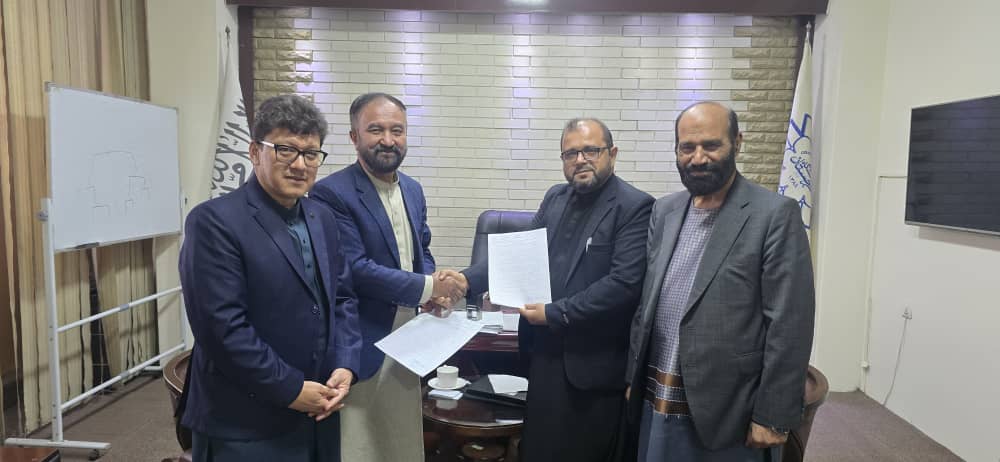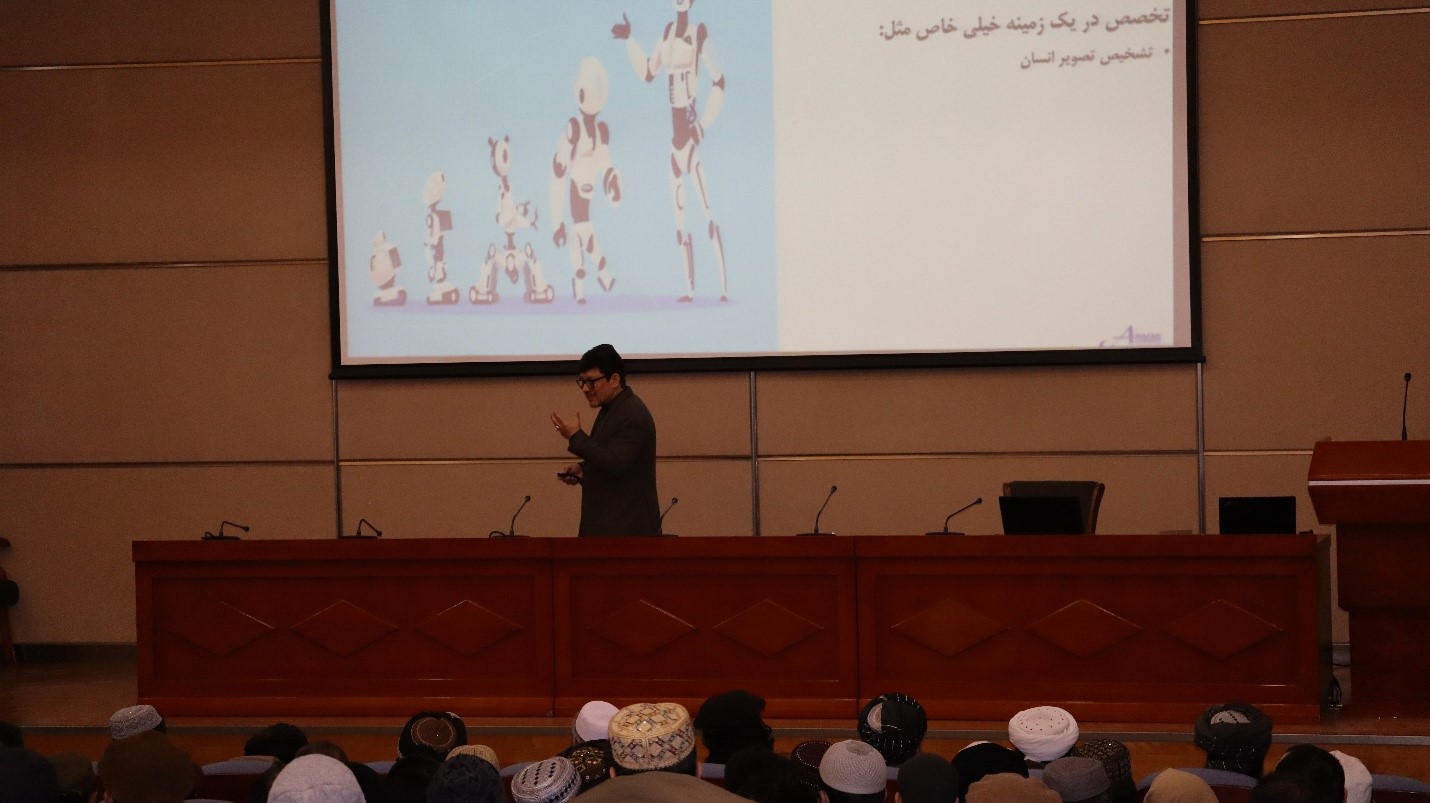
The Role of Universities and Organizations in Fostering
Future Skills in the Digital and AI Age: The Experience of ANAFAE in
Afghanistan
By: Mohammad Qasim Mohseni
Program Manager of ANAFAE
Abstract
In the present era, societies are transitioning to a stage where digital
skills, particularly artificial intelligence, are no longer optional but an
inevitable necessity for survival and economic growth. With its young
population and high unemployment rate, Afghanistan needs more than ever to
equip the younger generation and adults with these skills. This paper examines
the experience of the ANAFAE Institute in implementing AI educational programs
in 2024 and 2025. The results show that universities and educational
organizations, even under difficult conditions, can play a decisive role in
empowering the next generation.
Introduction
Afghanistan, like many developing countries, faces a serious challenge: how can
we prepare the younger generation and adults for today’s realities and a
digital future that is rapidly changing?
Given the high unemployment rate and limited resources, the need to equip
students and trainees with digital skills, especially artificial intelligence,
is increasingly evident. At ANAFAE, we believe that AI is not merely a modern
technology but an enabling tool for learning, innovation, and creating economic
opportunities.
Challenge
Afghan society today faces a young and unemployed population actively seeking
job opportunities. However, the shortage of resources and lack of access to
quality education have created a major barrier. Therefore, training in future
skills "particularly in
digital and artificial intelligence" is essential for:
- Strengthening
self-learning systems,
- Increasing
individual skills and capabilities,
- And
fostering creativity and innovation in the national economy.
ANAFAE’s Strategic Response
In 2024 and 2025, ANAFAE took important steps in this direction by designing
and implementing diverse educational programs in four provinces. ANAFAE’s
strategy was based on three main pillars:
- Empowering
managers and instructors: Training instructors and managers of 15
educational centers in applying AI in administration, marketing, and
management.
- Collaboration
with universities and technical/vocational institutes: Organizing
seminars and lectures to demonstrate the practical applications of AI in
teaching, research, and content production.
- Developing
partnerships: Strengthening cooperation between ANAFAE, universities,
educational institutions, and NGOs through joint agreements for implementing
AI training programs.
Operational Points
In early 2025, these initiatives were put into practice across universities
(both public and private), technical and vocational training centers, as well
as adult education centers in several provinces. In these programs, students
and instructors became familiar with the basic concepts and applications of AI,
received hands-on training, and worked with real examples of AI tools.
These activities were not merely theoretical; they included
practical workshops and specialized discussions on the real-world
implementation of AI in education, management, and even economic planning.
Lessons Learned
Several key outcomes emerged from these initiatives:
- AI
is a bridge for collaboration: This technology connected universities,
technical/vocational centers, and adult education institutions around
common goals and challenges.
- Capacity
building is vital: Many institutions were interested in using AI but
lacked the necessary knowledge and practical experience. Targeted training
quickly filled this gap.
- Adaptation
to local needs is essential: For success, AI must address the real
needs of society, including academic research, labor market analysis, and
institutional management.
An important point was that after these seminars, young
people and adults were not only encouraged to use AI tools but also motivated
to innovate within their own fields of expertise.
The Way Forward
Based on the results achieved, ANAFAE plans to:
- Expand
the scope of AI education in collaboration with universities and
vocational centers,
- Integrate
youth and adult education programs with digital and AI skills,
- And
promote innovation so that education contributes not only to learning but
also to entrepreneurship and economic empowerment.
Conclusion
The Afghan experience shows that even under difficult circumstances,
universities and organizations can play a fundamental role in preparing the
next generation. Focusing on practical training, building effective
partnerships, and sharing resources can transform AI from a global trend into a
local opportunity.
